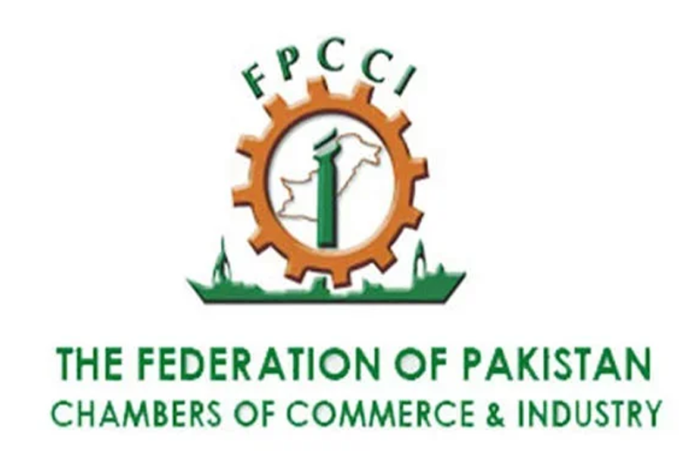Unlocking Potential: A comprehensive approach to employee motivation

- 243
- 0
Employee motivation is a crucial element for the success and productivity of any organization.
At its core, employee motivation involves the intrinsic and extrinsic factors that drive individuals to perform their best at work. Intrinsic motivation is fueled by internal desires such as personal growth, job satisfaction, and a sense of accomplishment. On the other hand, extrinsic motivation is influenced by external rewards such as bonuses, promotions, and recognition. Understanding and leveraging these motivational factors can lead to a more engaged and productive workforce. For instance, providing opportunities for career advancement and professional development can significantly enhance intrinsic motivation. When employees feel that they have a clear path for growth and are valued for their contributions, they are more likely to remain committed and put forth their best effort. Recognition and rewards are also pivotal in maintaining high levels of extrinsic motivation. Acknowledging achievements through regular feedback, awards, or financial incentives can reinforce desired behaviors and encourage continued excellence.
However, it is essential that these rewards are aligned with employees' personal and professional goals to ensure they are effective. Generic or insufficient recognition can sometimes backfire, leading to feelings of disillusionment or dissatisfaction. Moreover, fostering a positive work environment plays a significant role in motivating employees. Creating a culture of trust, respect, and open communication helps build a supportive atmosphere where employees feel comfortable sharing their ideas and concerns. When employees perceive that their workplace values their input and well-being, they are more likely to be motivated and engaged.Leadership also has a profound impact on employee motivation. Leaders who demonstrate empathy, provide clear direction, and actively involve their teams in decision-making processes can inspire and motivate their employees. Effective leaders serve as role models, setting a standard for behavior and work ethic, which can be a powerful motivator for their teams.
Additionally, work-life balance is increasingly becoming a vital factor in employee motivation. Offering flexible working hours, remote work options, and sufficient time off can help employees manage their personal and professional responsibilities more effectively. When employees feel they have the freedom to balance their work and personal lives, they are often more motivated and less prone to burnout. The role of autonomy in employee motivation cannot be overlooked. Providing employees with the freedom to make decisions about their work fosters a sense of ownership and accountability. When employees have the latitude to approach their tasks in ways they deem most effective, they are more likely to feel a deeper connection to their work and exhibit higher levels of creativity and problem-solving skills. This sense of autonomy can be particularly motivating in environments where employees are trusted to manage their responsibilities without excessive oversight. Furthermore, the alignment of organizational values with employees' personal values can significantly impact motivation. When employees believe in the mission and values of their company, they are more likely to be engaged and driven.
Organizations that actively communicate their core values and demonstrate commitment to social responsibility, ethical practices, and community involvement often see increased employee motivation and loyalty.Lastly, addressing employee well-being and mental health is becoming increasingly important in fostering motivation. Providing resources and support for mental health, encouraging breaks, and promoting a healthy work-life balance can prevent burnout and sustain long-term motivation. Creating a supportive environment where employees feel cared for holistically enhances their overall job satisfaction and commitment to the organization. In conclusion, employee motivation is a multi-faceted concept that requires a comprehensive approach to manage effectively. By addressing both intrinsic and extrinsic factors, recognizing and rewarding achievements, fostering a positive work environment, leading with empathy, supporting work-life balance, and emphasizing autonomy, value alignment, and well-being, organizations can cultivate a motivated and productive workforce. Ultimately, motivated employees contribute to the overall success and growth of the organization, creating a positive cycle of performance and satisfaction.

















































